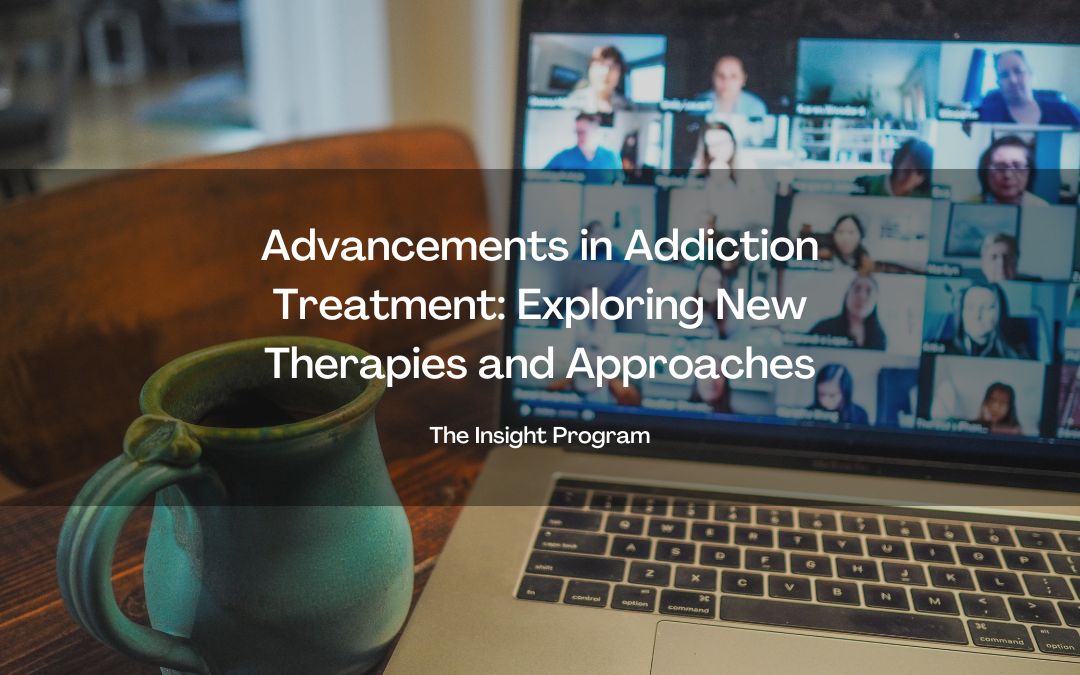Addiction treatment has evolved significantly in recent years, moving away from the traditional one-size-fits-all approach to a more personalized and evidence-based focus. Modern psychiatry and scientific research have shed light on the complexities of addiction, leading to innovative therapies and techniques that offer hope to those struggling with substance use disorders. This blog explores some of the latest advancements in addiction treatment, emphasizing the shift towards individualized care and the integration of technology for improved outcomes.
The Power of Personalized Treatment
One of the most significant advancements in addiction treatment is the move towards personalized care. Recognizing that each person’s journey with addiction is unique, treatment programs now tailor their approaches to address specific needs and circumstances. Integrated treatment is at the forefront of this shift, emphasizing the importance of addressing not only the physical aspects of addiction but also the mental and social aspects. By offering individual and group therapy, individuals can connect with others going through similar challenges and gain support and understanding, vital for successful recovery.
Addressing Co-occurring Disorders
Addiction rarely exists in isolation. Many individuals grappling with substance use disorders also face co-occurring mental health conditions. Acknowledging the link between mental health and addiction, treatment providers now offer specialized care to address these co-occurring disorders. By treating both aspects simultaneously, individuals can find greater stability and a higher chance of long-term recovery.
The Power of Counseling
Counseling remains a cornerstone of addiction treatment, but modern approaches have evolved to offer more effective and empowering solutions. A client-centered approach fosters an environment of trust and understanding, allowing individuals to explore their emotions and experiences without judgment. Additionally, trauma-based therapy helps individuals heal from past traumas, empowering them to make healthier choices during their recovery journey.
Embracing Evidence-Based Practices
Evidence-based practices have significantly improved addiction treatment outcomes. Motivational counseling encourages individuals to take charge of their recovery journey, while Cognitive Behavioral Therapy (CBT) helps identify and replace negative thought patterns. Pharmacotherapy, under controlled settings, assists in reducing cravings and managing withdrawal symptoms, increasing the likelihood of successful recovery.
In-Home Treatment and Technology Solutions
Advancements in technology have also made a positive impact on addiction treatment. In-home addiction treatment and telemedicine offer convenience and accessibility, allowing individuals to receive counseling and support virtually. Addiction recovery apps help people stay on track, offering motivation, stress management tools, and connection to a supportive community. Virtual Reality (VR) therapy has emerged as an effective tool for distraction during withdrawal or cravings and provides a safe space to practice facing triggers and temptations.
The landscape of addiction treatment has transformed, offering renewed hope for those seeking recovery. Modern approaches focus on individualized care, addressing co-occurring disorders, and utilizing evidence-based practices to improve outcomes. Counseling methods have evolved to create a safe and understanding environment for individuals to heal and grow. Moreover, technology has become a valuable ally, providing convenient and innovative solutions to support recovery. By embracing these advancements, addiction treatment is now more effective and compassionate, paving the way for a brighter future for those on the path to recovery.

